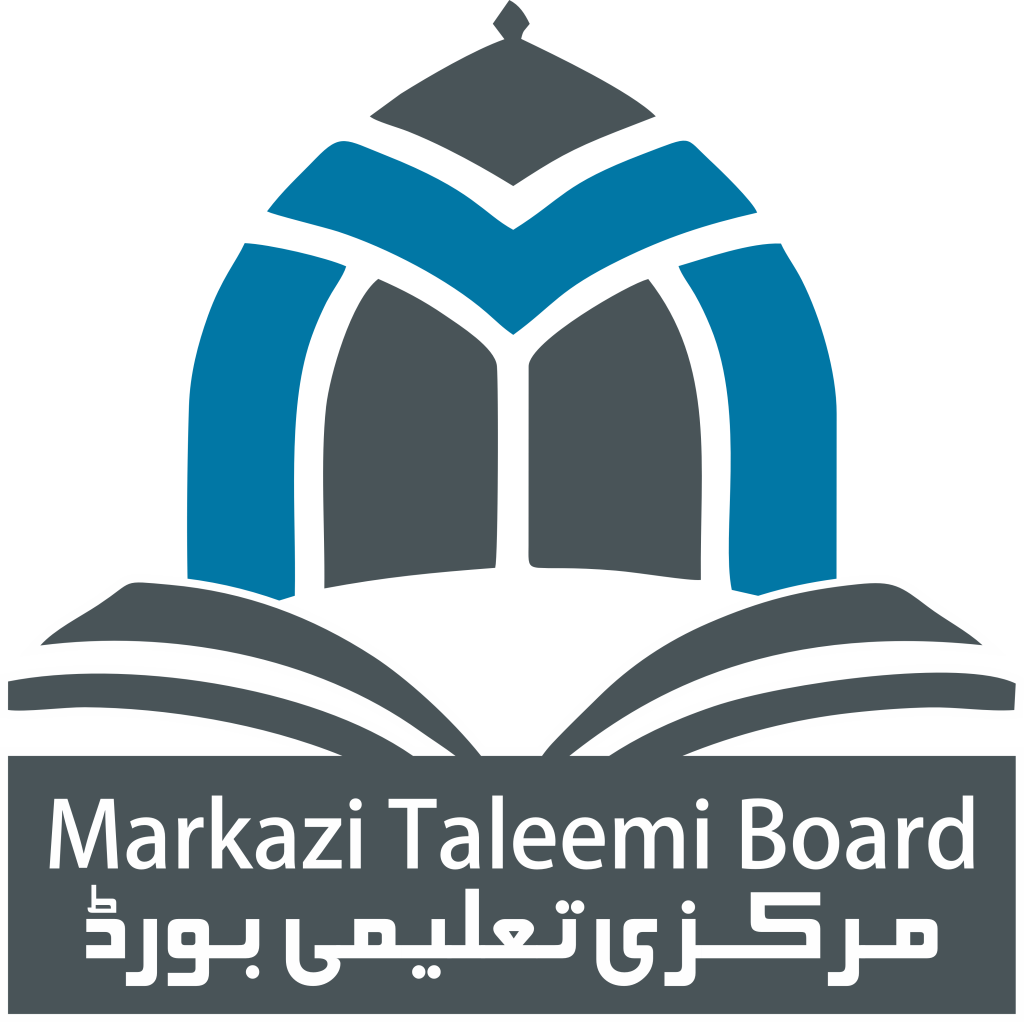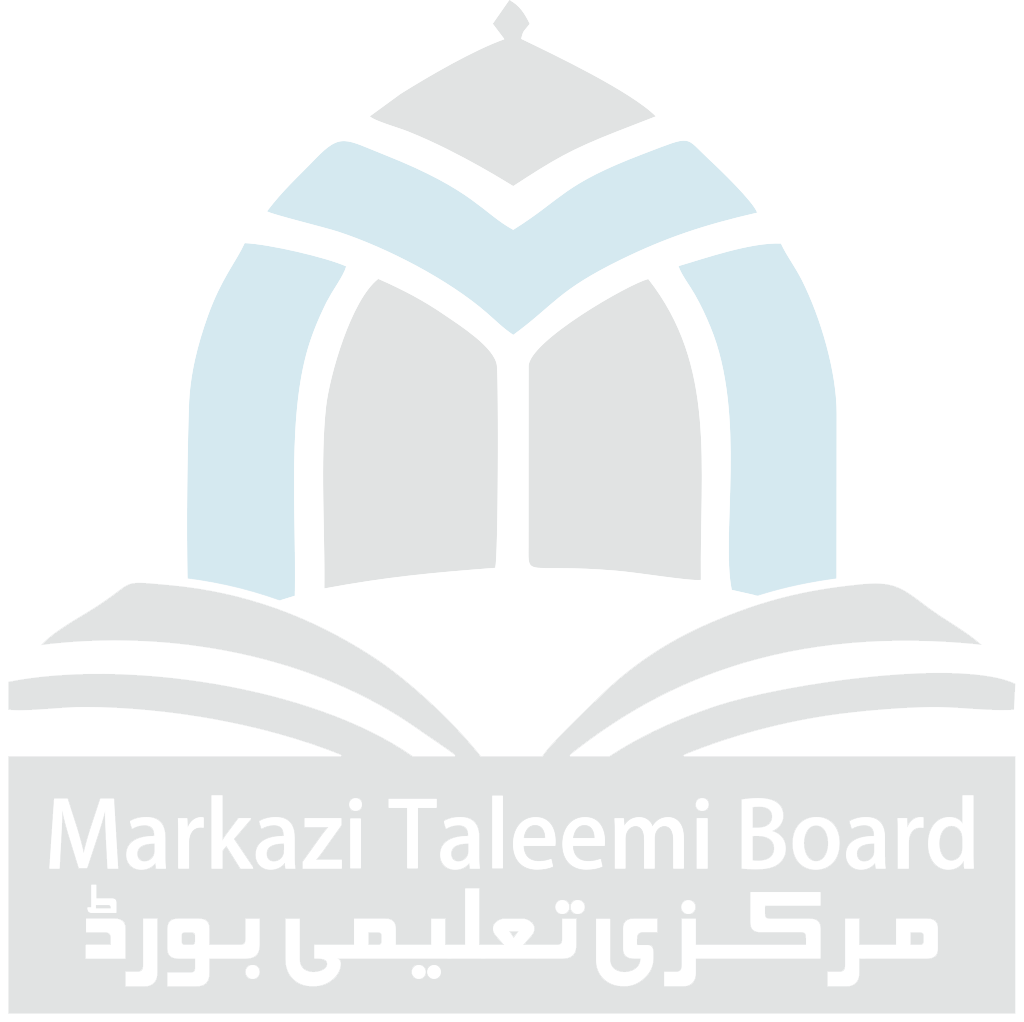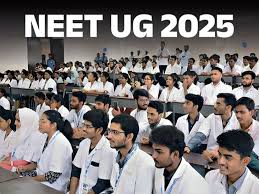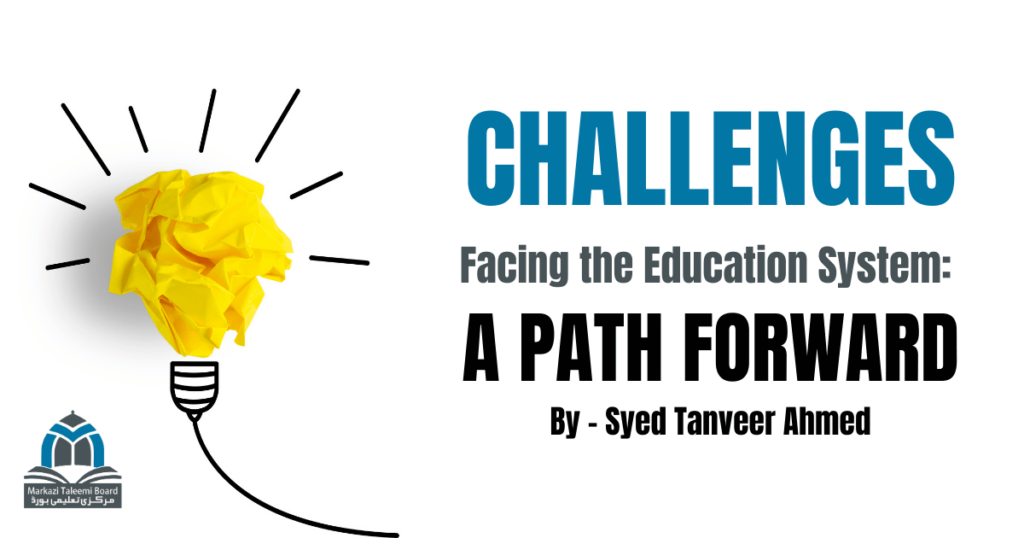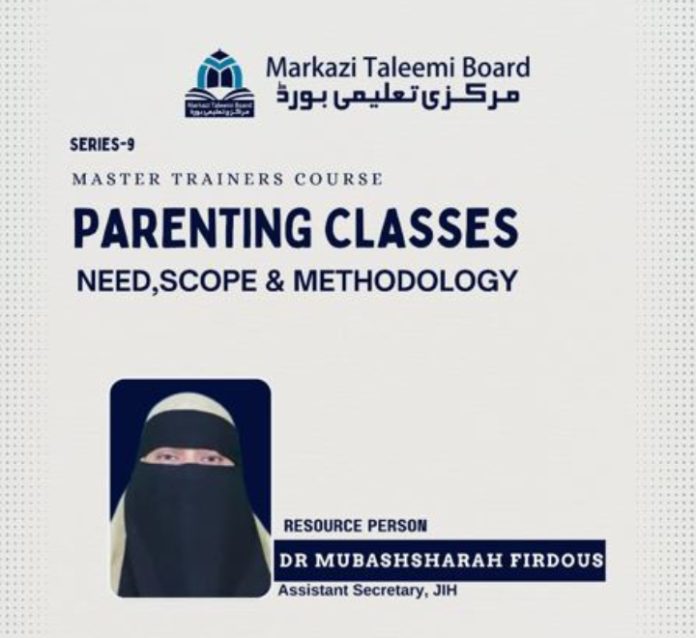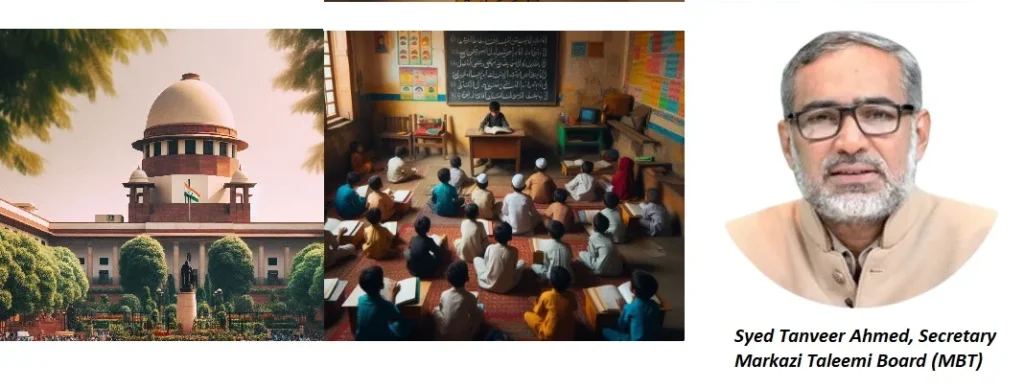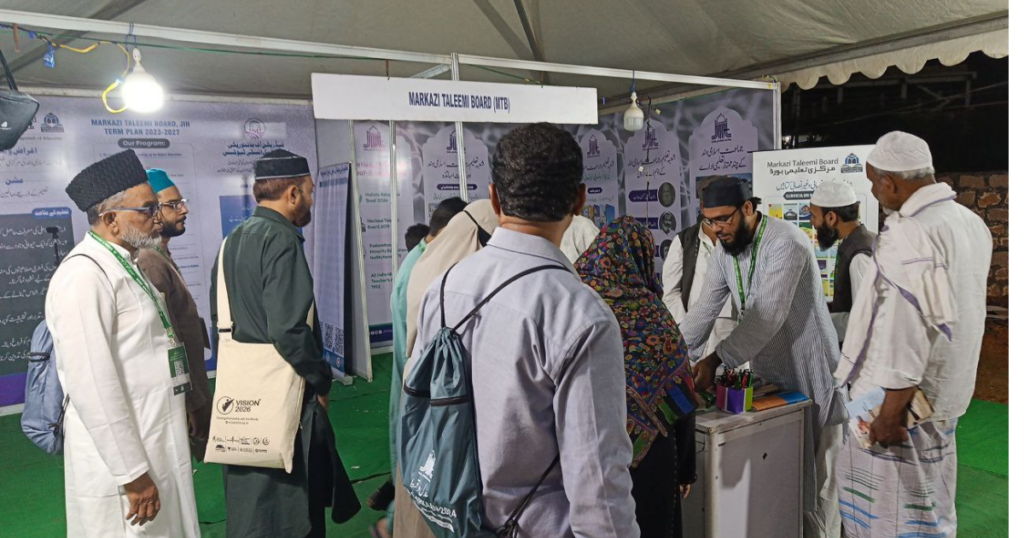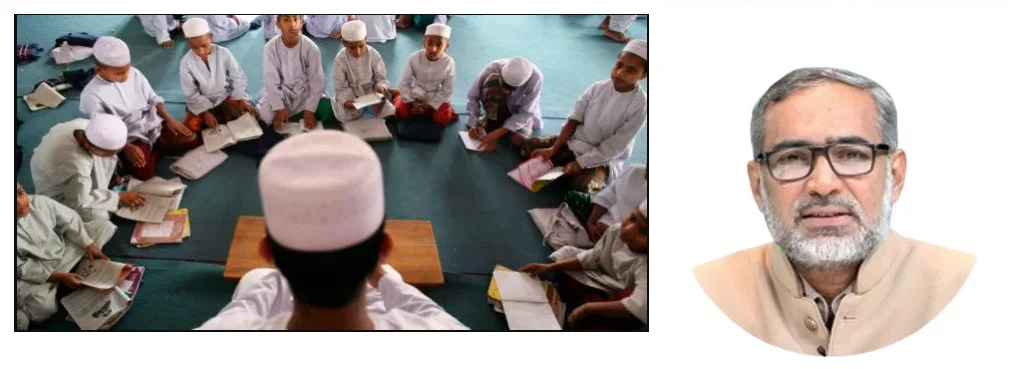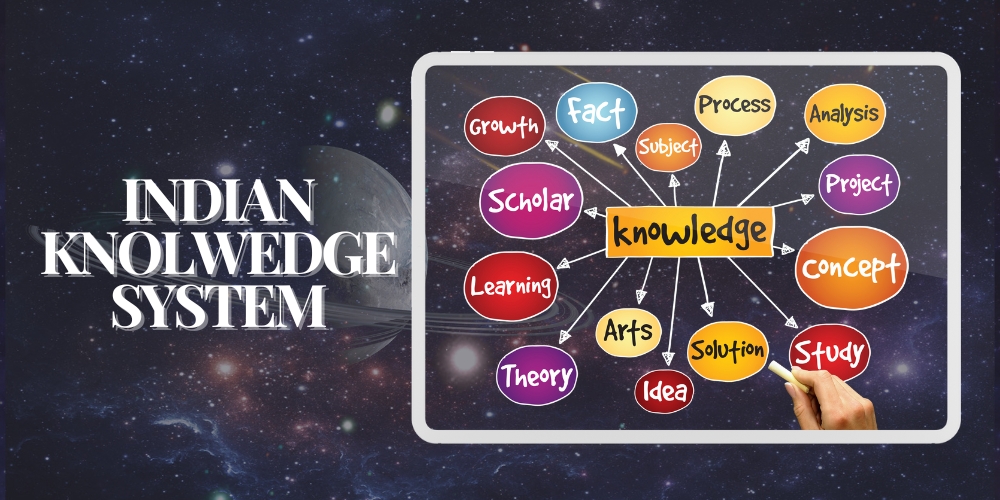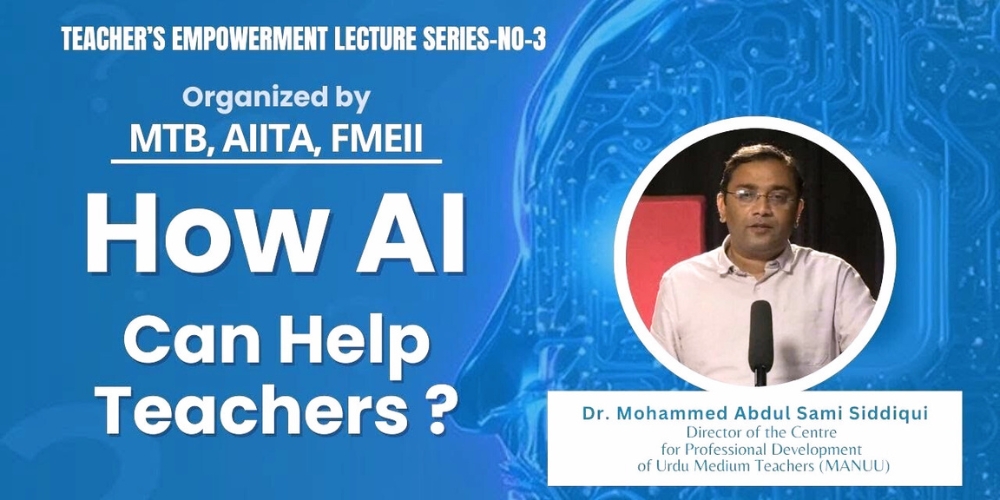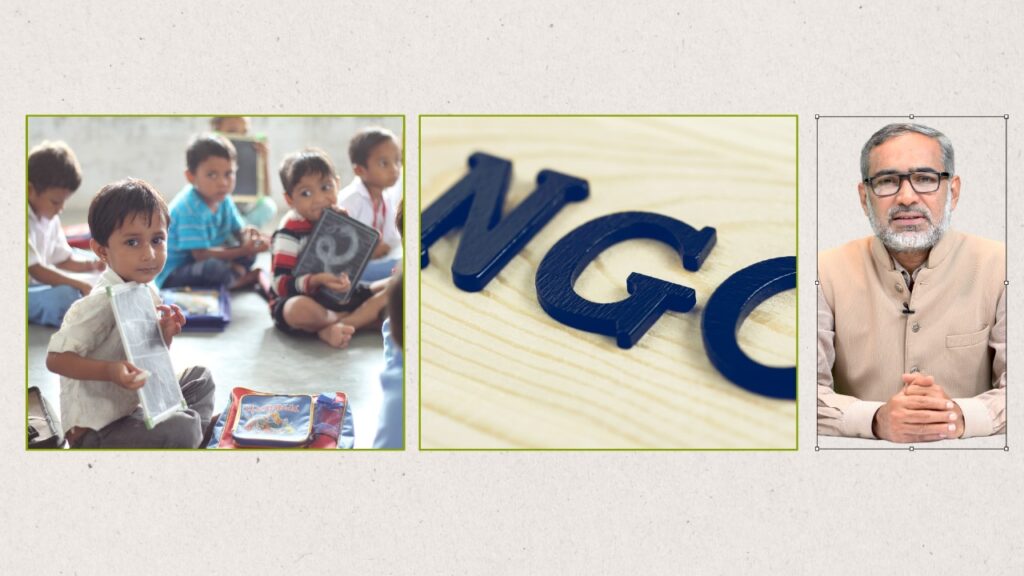JIH remains committed to its mission, continuously working across India to establish quality educational institutions, publish curriculum and non-curriculum books, train teachers, guide students, and support the value-based education in India.
Written by: Md Ashfaque Alam Nadvi
Jamaat-e-Islami Hind (JIH) is one of India’s prominent Islamic organisations, founded in the 20th century by the Islamic thinker Maulana Syed Abul A’la Maududi, aiming to revive the Islamic system in the modern era. Even before India’s Independence from the British rule, JIH was established on August 26, 1941.
Prior to the formation of JIH, Maulana Maududi began writing about the deficiencies in the existing education systems and a modern educational policy for Muslims as early as 1936. After the formation of JIH, a formal meeting of the Educational Council was held on August 14, 1944, in Darussalam Pathankot, where Maududi proposed a new educational framework. Following this plan, an initial educational institution was established in Pathankot.
The members who stayed in India after Partition reorganised and established Jamaat-e-Islami Hind, appointing Maulana Abul LaisNadwiIslahi as the first Ameer (President).
When JIH was established in 1941, the first department formed was the Department of Education and Scholarship. After the reorganisation of JIH in 1948, renewed focus was given to education, resulting in a curriculum committee meeting in Rampur on September 28, 1948. This led to the establishment of a model educational institution, Markazi Darsgah Islami, in 1949, with the appointment of Afzal Hussain as its first head. Hussain dedicated his efforts to this institution for 11 years, despite limited resources.
Development of Curriculum Books
After the establishment of Markazi Darsgah Islami in 1949, JIH faced the challenge of finding textbooks that aligned with its ideology. Existing textbooks lacked the concepts of God-consciousness, moral values, and accountability to a higher authority. Under the supervision of Afzal Hussain, JIH began developing textbooks that reflected Islamic values and covered primary subjects.
About 90 books were prepared, translated into different languages, and published. From the 1980s onward, the JIH’s Markazi Taleemi Board continued revising and creating English-medium textbooks as well, which are popular not only in JIH institutions but also among general schools.
Establishment of Educational Institutions
From its inception, JIH has prioritised education, establishing a network of educational institutions across India, including specialised schools for disabled children, orphans, girls, and vocational training institutions. Some prominent institutions include:
ThanviDarsgah, Rampur: Established in 1950 in Rampur, it produced notable figures such as Mohammad Nejatullah Siddiqi, Dr. Abdul Haq Ansari, and Dr. Fazlur Rahman Faridi, but closed in the 1960s due to challenges.
Islamic Academy, New Delhi: Established by Dr. Abdul Haq Ansari in Aligarh in 1995 as CRSG and later renamed, this institution continues to operate as the Indian Institute of Islamic Studies and Research.
JamiatulFalah, Bilariyaganj, Azamgarh: Founded in 1962, JamiatulFalah provides education from primary to advanced levels and has over 5,000 students with 200 teachers.
Al-Jamia Al-Islamiya, Santhapuram: Established in 1995, it focuses on Arabic and English language proficiency and aims to develop as an Islamic university.
Teacher Training and Guidance
Since its early years, JIH has also focused on training and guiding teachers. A handbook on teaching, Fun-e-Taleem-o- Tarbiyah, by Afzal Hussain was published in 1963, with numerous subsequent books aimed at teacher guidance. Regular training camps for teachers and resources like Rafiq-e-Mu’allim and BachonkiTarbiyat were published. JIH’s Markazi Taleemi Board now conducts online and offline training sessions for teachers across India.
Development of Specialist Trainers
To address the need for trainers in various states, JIH conducted 10-day camps in Pune (1995) and Delhi (1996) to develop resource persons for adult education and part-time schools. JIH continues to prepare Master Trainers, with 96 specialists trained to date.
Raising Standards of Educational Institutions
To enhance the quality of educational institutions under JIH, a conference was held in May 2014, with input from Pratham Education Foundation. The MTB has focused on training teachers, administrators, and non-teaching staff to elevate the standards of 50 institutions.
Collaboration in Collective Efforts
JIH believes that joint efforts are essential to address educational issues effectively. Since its reorganisation, JIH has pursued collaboration, establishing initiatives like the DeeniTalimi Council in Uttar Pradesh, supporting AMU’s minority status, and protecting madrasas against unconstitutional actions by some states. The MTB has reviewed madrasa curricula to align with modern requirements and is assisting madrasas legally.
Response to Government Curriculum and Textbooks
JIH continues to monitor government textbooks for content that may be objectionable. The MTB has been reviewing major publishers’ textbooks guiding publishers on necessary adjustments.
Promotion of Part-Time Religious Schools
For the past three years, JIH has been promoting part-time religious education, with around 1,000 religious schools currently operating under the MTB across India.
JIH remains committed to its mission, continuously working across India to establish quality educational institutions, publish curriculum and non-curriculum books, train teachers, guide students, and support the value-based education in India.
[The writer is Coordinator, Markazi Taleemi Board and President, Islamic Academy Alumni Association]
